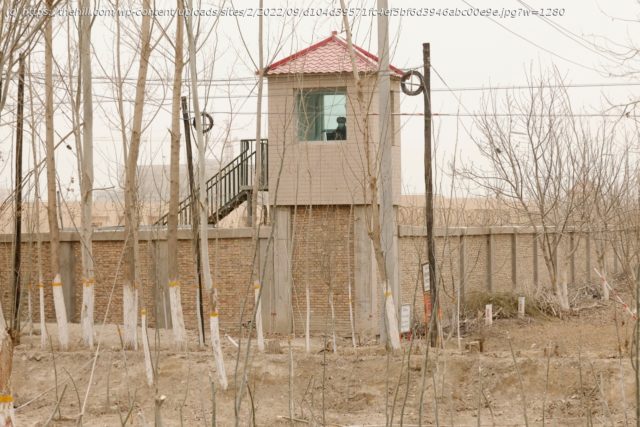Array
I have not seen my mother since my law school graduation nearly 19 years ago. The Chinese government has prevented her from leaving China. She has been used as a tool of transnational repression against me, a U.S. citizen, for my work in service of the United States and on behalf of the Uyghur people, who have been victims of genocide for the past six years.
My story is not unique. It is the story of thousands who have fled China to take refuge in the United States and other free countries who respect human rights. Unfortunately, the Chinese Communist Party (CCP) will not let us go, and is determined to harass, threaten and blackmail us here in the United States, often using the safety of our family back in China as a bargaining chip.
These are issues the congressional Select Committee on the Chinese Communist Party was recently formed to address, among others. It has already stood against the illegal CCP police stations hunting dissidents, and spoken out about the ways in which the CCP uses the Chinese Students and Scholars Association (CSSA), under the cover of “student groups” to surveil, control and threaten Chinese students studying in the U.S.
I was surprised to see that CNN and journalist Fareed Zakaria sees bipartisan concern over these issues — the basic well-being, safety and human rights of individuals in America, citizens and guests, as an indication of a dangerous “groupthink” mentality.
In his recent opinion piece, Zakaria uses the language that the new Select Committee on the CCP has been careful to avoid. Adopting the mindset of the CCP itself — which espouses that there can be no differentiation between Chinese people and the communist regime itself — he refers to “China” rather than the CCP.
In fact, in 2020, in his essay in Foreign Affairs, Zakaria took a similar tone, pushing for “engagement” and insisting that the words of Chinese President Xi Jinping shouldn’t be cause for alarm.
Home
United States
USA — China Recognizing the Chinese Communist Party’s brutality is not ‘hysteria’ or ‘paranoia’






